Farms for Food Equity raised $9,000 at its winter relief campaign kickoff party Dec. 8 at Rosemont Market & Wine Bar at Thompson’s Point. Just over 50 people attended the event, which included raffles and a silent auction for handcrafted items such as fiber art, jewelry, quilts and pottery.
“I’m pretty proud that In 2½ years, we’ve moved over 100,000 pounds of fresh produce into the charitable food system,” said Penny Jordan, the fourth-generation farmer who founded Farms for Food Equity. “This year, with the help of Sewell Foundation and individual contributions, we’ve been able to help create 70,000 meals in the area of Cumberland and York counties.”
Wayside Food Programs Operations Manager Don Morrison brought shrink-wrapped, labeled produce, explaining that Six River Farms in Bowdoinham had more than 200 surplus heads of cauliflower earlier that day. The farm texted Jordan, who texted Morrison, and a dozen volunteers from Unum did the processing that afternoon.
“These relationships are really important,” Morrison said.
Because Jordan sells produce from across the state at her farm store in Cape Elizabeth, she had a ready-made network upon which to build the nonprofit.
“Long-term sustainability requires the development of an ecosystem with all partners pulling in the same direction,” said Doug Clopp, a development consultant from Scarborough. “That’s what Farms for Food Equity is.”
Board member John Naylor, co-owner of Rosemont Market, gave another example: He buys turkeys from John Barnstein of Maine-Ly Poultry in Warren. After Thanksgiving, Barnstein had more than 300 live turkeys, and continuing to feed them was becoming prohibitively expensive. Farms for Food Equity immediately started fundraising so that Barnstein could get something for the considerable labor involved in processing those birds for charities.
Kelsey Herrington of Two Farmers Farm in Scarborough said, “Farming is a really low-margin business, especially for farmers trying to grow food in a sustainable manner. I’m talking single-digit margins. When we have more surplus than we plan for, making sure that we can get paid for at least some of surplus is critical. With Farms for Food Equity, we get paid a discounted rate, but it’s enough that we can cover the costs of paying people to harvest our surplus. And we can feed more people.”
For more information, go to farmsforfoodequity.org.
Amy Paradysz is a freelance writer and photographer based in Scarborough. She can be reached at amyparadysz@gmail.com.
Send questions/comments to the editors.

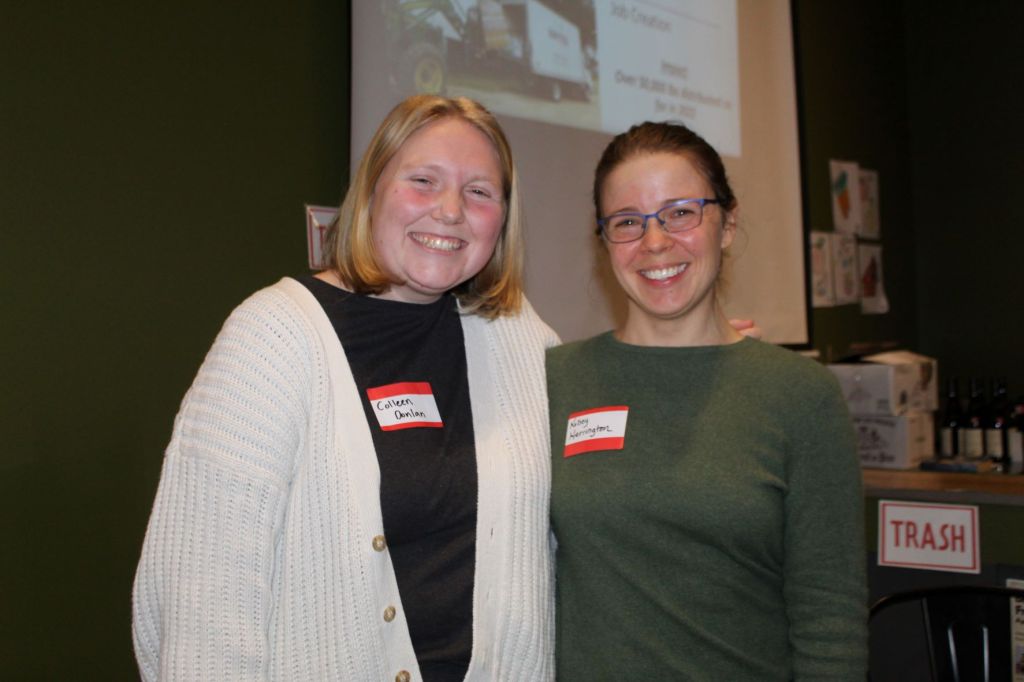
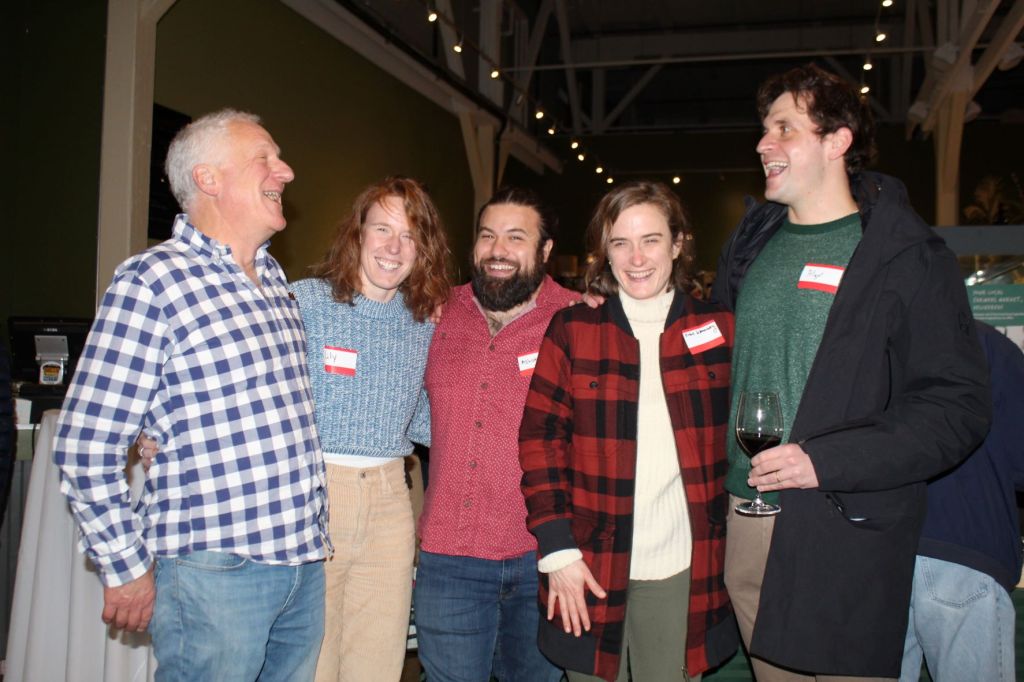
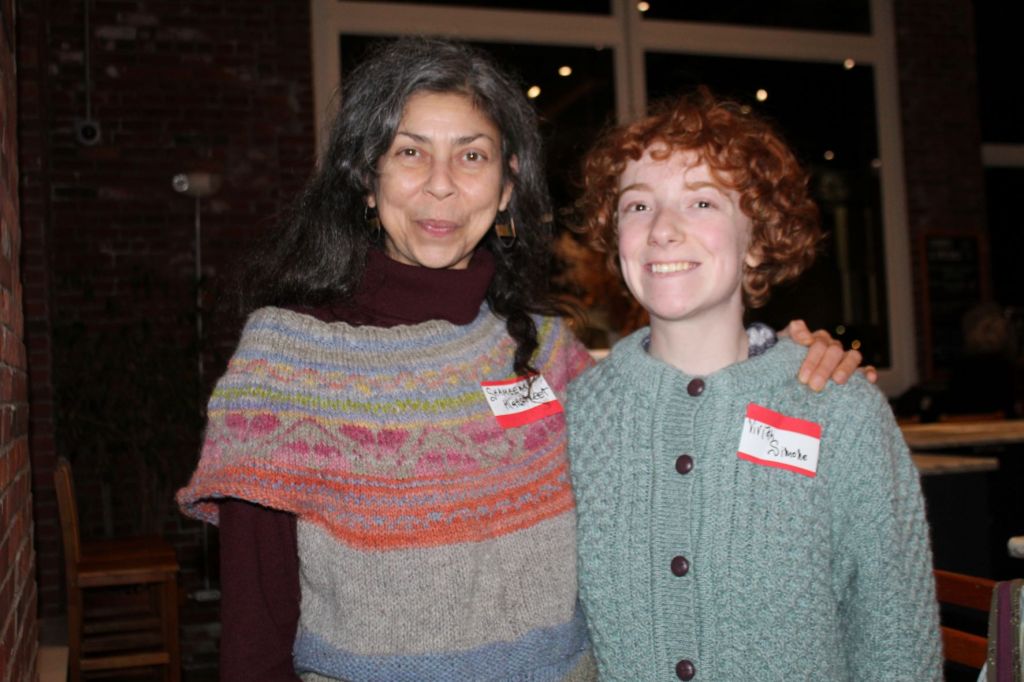
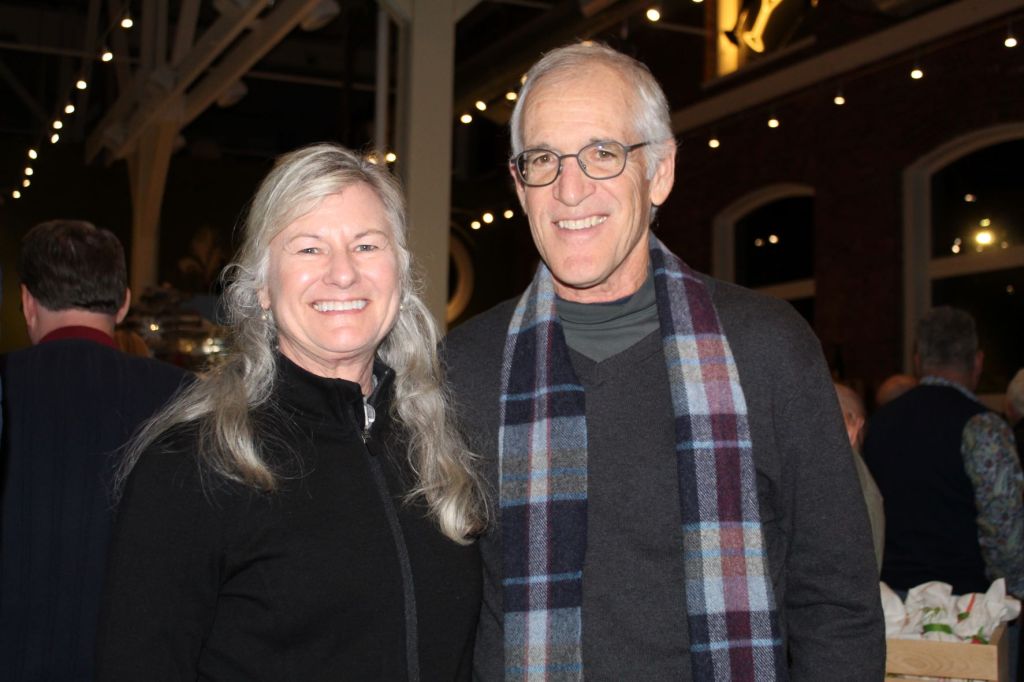
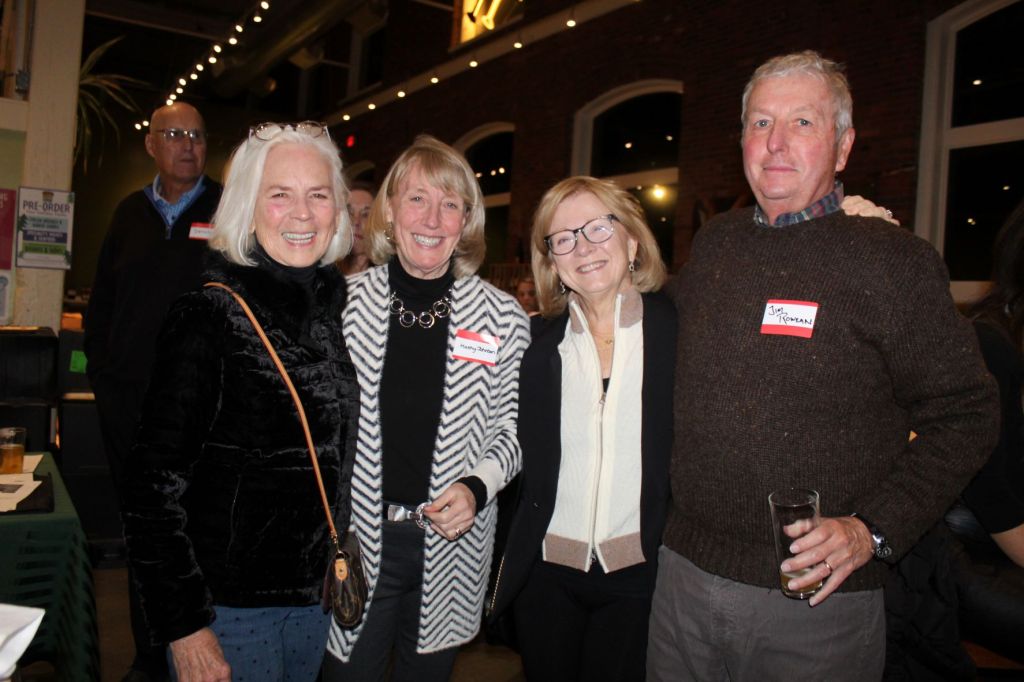
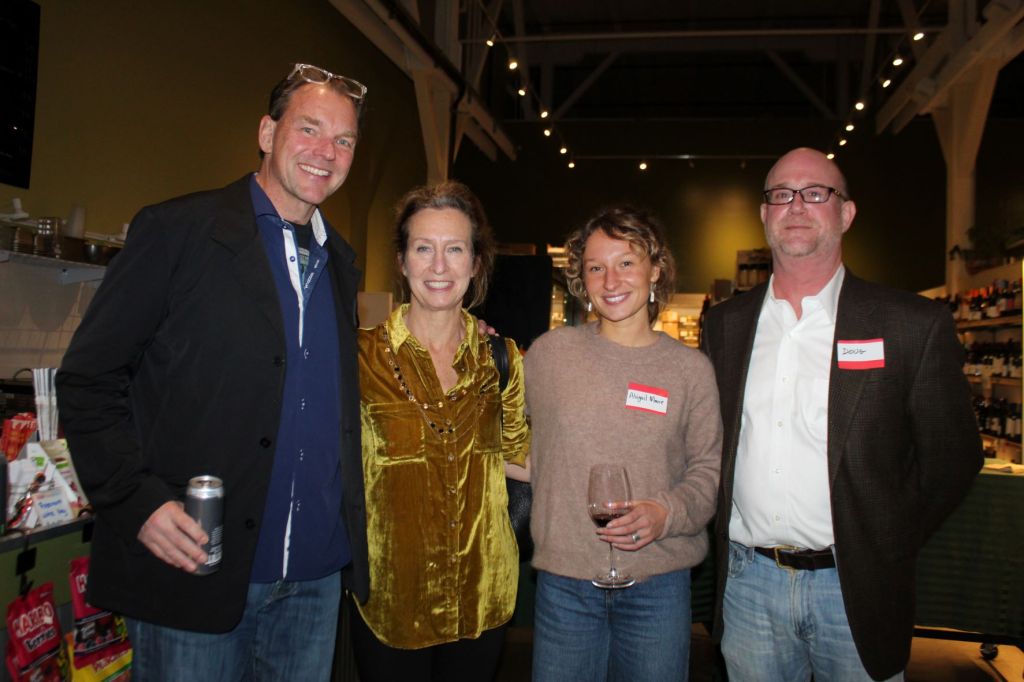
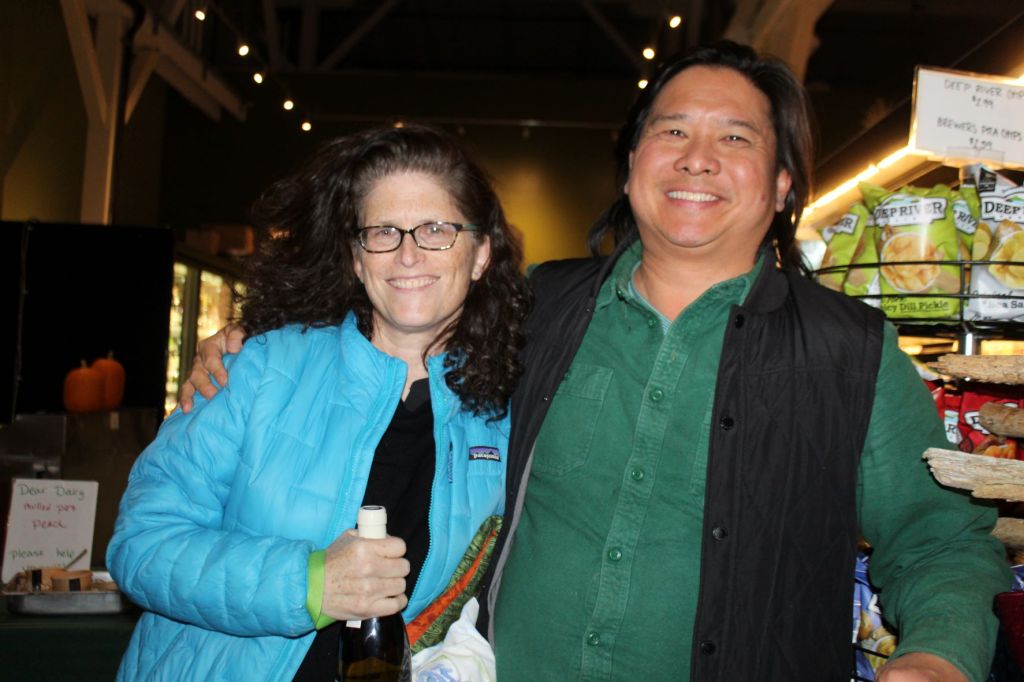
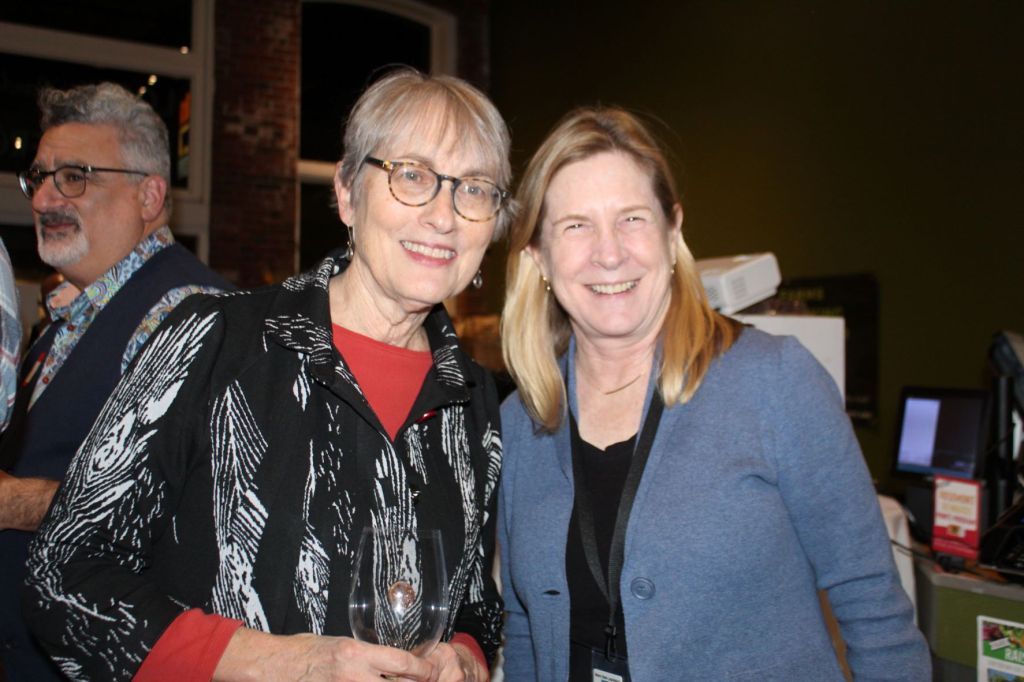
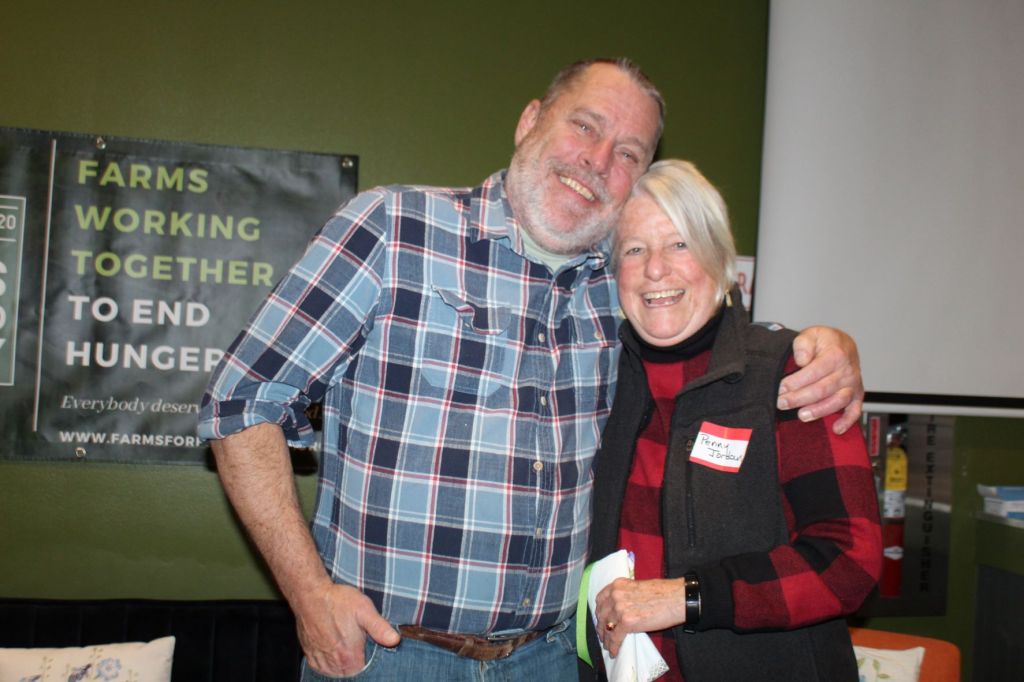
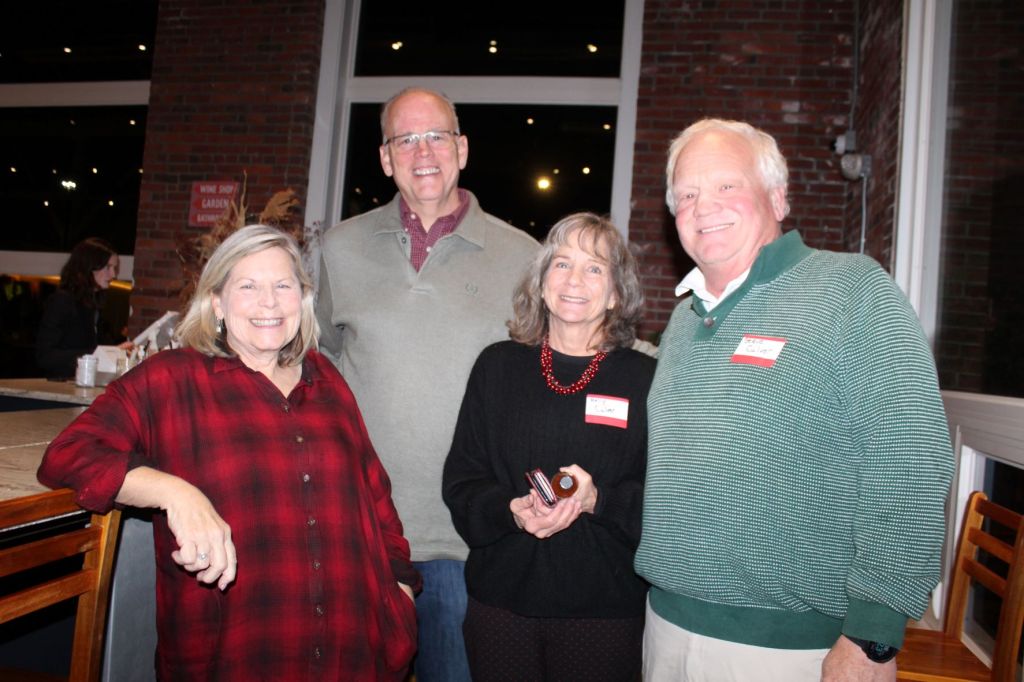

Success. Please wait for the page to reload. If the page does not reload within 5 seconds, please refresh the page.
Enter your email and password to access comments.
Hi, to comment on stories you must . This profile is in addition to your subscription and website login.
Already have a commenting profile? .
Invalid username/password.
Please check your email to confirm and complete your registration.
Only subscribers are eligible to post comments. Please subscribe or login first for digital access. Here’s why.
Use the form below to reset your password. When you've submitted your account email, we will send an email with a reset code.